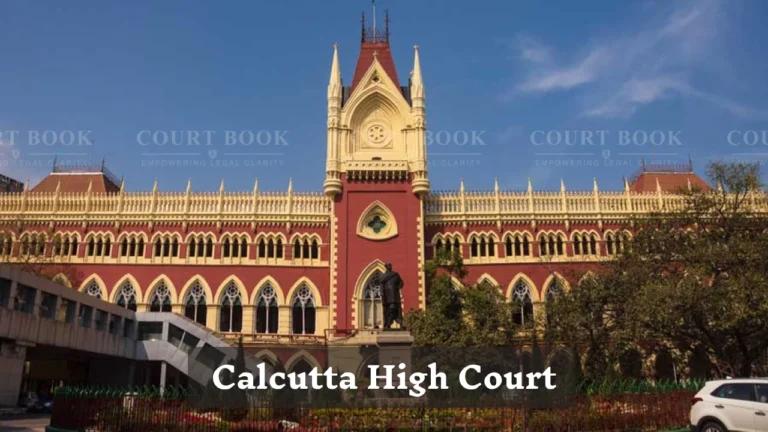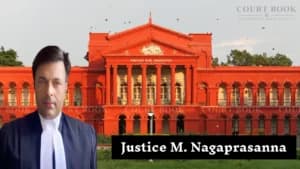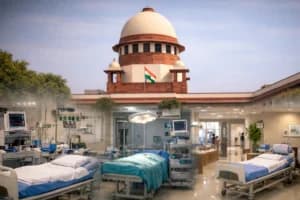The Calcutta High Court, in a significant judgment by Justice Smita Das De, held that recovery of excess salary paid due to administrative error—without fraud or misrepresentation by the employee—is impermissible, especially after a prolonged delay of 18 years.
The case involved Sri Tarun Kanti Naskar, who had been appointed as an Assistant Teacher in Work Education at Alam Bazar Arya Vidyalaya Junior High School. He was selected through the Second Regional Level Selection Test, 1999, conducted by the West Bengal Central School Service Commission. At the time of selection, he held a Diploma in Mechanical Engineering. The appointment letter issued on March 5, 2000, stated the pay scale as Rs. 4650–10175/-, which matched the advertisement published on November 1, 1999.
Read Also:- Calcutta High Court Restrains Coercive Action Against Padma Shri Monk Kartik Maharaj in Rape Allegations
After joining on March 8, 2001, his appointment was approved by the District Inspector of Schools (S.C.), Barrackpore, treating him as a pass graduate. Over the years, he pursued further qualifications—completing his B.A. Honours in Sociology, M.A. in Education, and B.Ed.—and received revised pay benefits under successive ROPA schemes. In 2019, after 18 years of service, he applied for Career Advancement Scheme (CAS) benefits.
During the vetting process, the Joint Director (Accounts), Secondary Education, found that Mr. Naskar’s pay had mistakenly been fixed under a higher scale—Rs. 4650–10175/- instead of Rs. 4500–9700/-, which was meant for diploma holders. Based on this finding, a memo dated September 19, 2019, was issued demanding recovery of Rs. 21,770/-.
The petitioner challenged this memo, asserting that the pay scale was approved by competent authorities from the beginning, and the recovery move was arbitrary. He was not given a notice or opportunity to be heard before the issuance of the order.
“Recovering overpayment is against the fundamental principle of justice, equity, and good conscience affecting the citizens' livelihood,” stated the Court.
The State contended that as per ROPA 1981, 1990, and 1998, diploma holders were entitled only to a lower pay scale and the mistake was committed at the time of his initial appointment.
After examining all facts, the Court concluded that the petitioner did not commit any fraud or make any misrepresentation. He received the salary fixed and approved by authorities in good faith. The Court emphasized that the recovery, especially after such a long duration, would cause disproportionate hardship.
The Court placed reliance on the Supreme Court’s landmark judgment in State of Punjab vs. Rafiq Masih (2015), which held:
"If the excess payment is not attributable to any fraud or misrepresentation, recovery from employees, especially after many years, is impermissible."
The Court also cited Thomas Daniel vs. State of Kerala (2022), reinforcing the principle that relief from such recoveries should be granted on equitable grounds to avoid undue hardship.
In conclusion, the Calcutta High Court set aside the recovery memo dated September 19, 2019, and allowed the writ petition.
Case Title:
Sri Tarun Kanti Naskar vs. The State of West Bengal & Others
W.P.A. No. 20672 of 2022















